Table of Contents
Dr. Cameron Sepah created dopamine fasting, which has little to do with either dopamine or fasting. Sepah stated to the New York Times: “Dopamine is just an explanation of how addictions may become reinforced and makes for a catchy name.” However, it’s not intended to be taken literally.

What’s The Thinking Behind Dopamine Fasting?
Sepah was trying to create a system based on cognitive behavior therapy that would allow us to be less dominated and influenced by the unhealthy stimuli (the texts, the notifications, the rings, the beeps) that come with living in a technology-centric society.
Instead of responding automatically to these reward-inducing cues, which give us an immediate but temporary charge, it is better to give our brains breaks and recharge from this potentially addictive bombardment.
It is believed that allowing ourselves to feel bored or lonely, or finding pleasure in simpler, more natural activities, will help us regain control of our lives and make it easier to deal with compulsive behavior that could be interfering with our happiness.
He cites six compulsive behavior that responds to dopamine fasting: gambling and shopping, emotional eating, gaming and excessive internet usage, porn addiction and masturbation, thrill and novelty-seeking, and recreational drugs. He emphasizes that dopamine fasting is a way to control distress or negative aspects of your life.
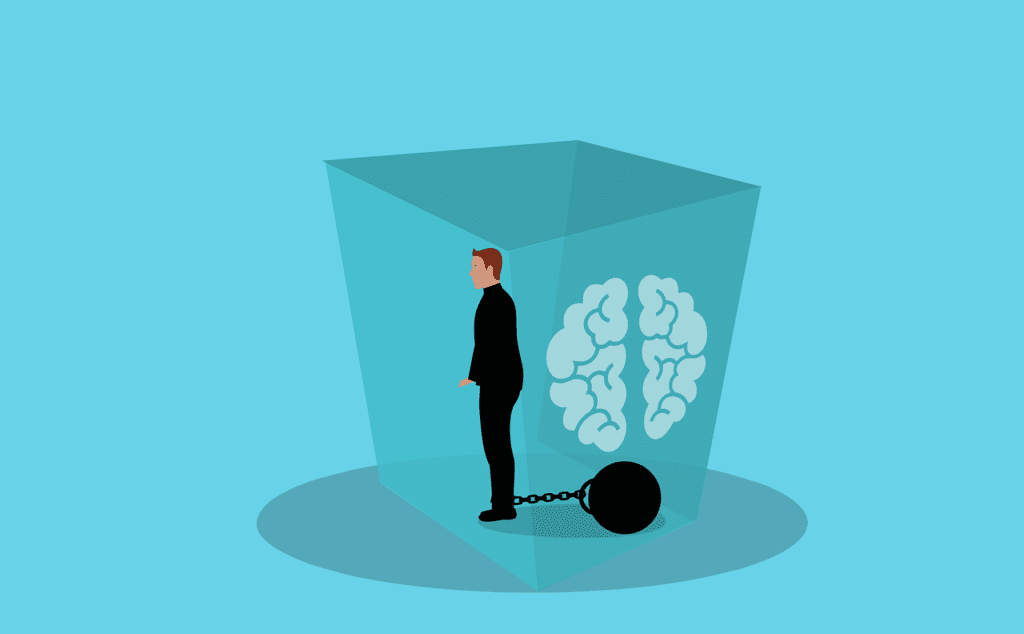
You Can’t “Fast” From A Naturally Occurring Brain Chemical.
Dopamine is one neurotransmitter in the body. It is involved with our body’s system of reward, motivation, and learning. Although dopamine can increase in response to pleasure or rewards, it doesn’t decrease when you avoid stimulating activities. Therefore, dopamine fasting doesn’t actually lower your levels of dopamine.
Unfortunately, a lot of people have misinterpreted both the science and the concept of a “dopamine fasting.” People see dopamine as heroin or cocaine. They fast to give themselves a “tolerance,” so the pleasures of what they have been deprived of — food, sex, contact with humans — will be more intense. This is because they believe that their depleted dopamine reserves will be replenished. It doesn’t work this way, unfortunately.
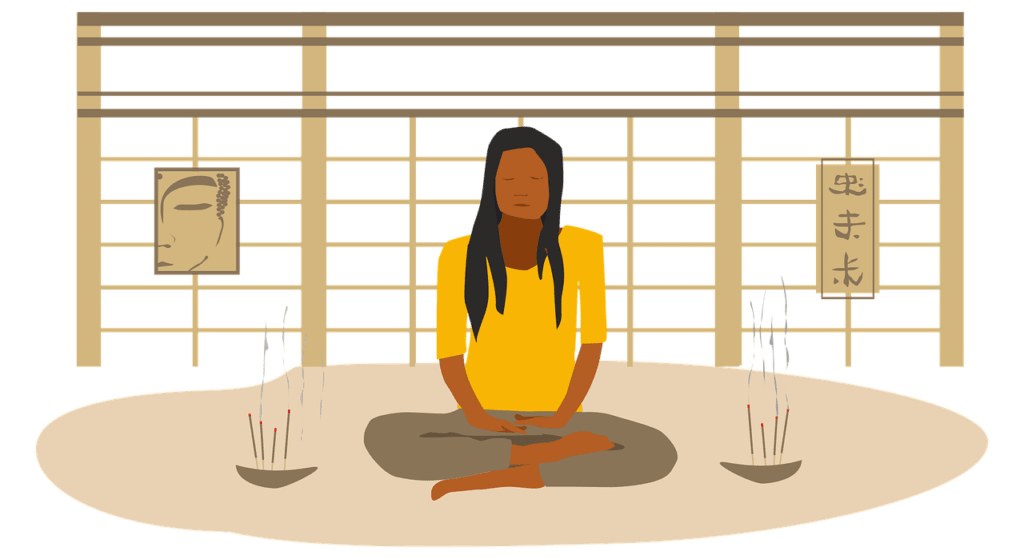
Fasting May Be Used To Reduce Stress And Engage In Mindfulness-based Practices.
Sepah suggests that we begin a fast in the least disruptive manner to our daily lives. For example, we could fast on dopamine for up to four hours depending on our work schedules, for one weekend day, one weekend per quarter, and one week per year.
It all sounds very sensible, although not revolutionary. This sounds a lot like mindfulness practices and good sleeping hygiene, suggesting that you should not have screen time before bed.
But people are becoming more extreme, ascetical, and unhealthy in their fasting due to misconceptions about dopamine’s role in our brains. They don’t eat, exercise, listen to music, talk more than necessary, and not allow themselves to be photographed with flashes (not sure if selfies are included).

Misunderstanding Science Can Lead To Maladaptive Behavior.
It’s funny to think that none of these actions are actually lowering dopamine. This is especially true since Sepah never intended to avoid interaction with people, looking at people, or communicating with them. Unless it is compulsive or destructive, human interaction is included in the category of healthy activities that are supposed to supplant unhealthy ones — for example, surfing social media for hours every day. People who practice dopamine fasting are, in essence, depriving themselves of healthy things for no reason. This is based on flawed science and misinterpretation of catchy titles.

It’s Never A Bad Idea To Take Time For Mental Renewal, But It’s Not New.
The original purpose of dopamine fasting is to give a reason and suggest ways to disconnect from technology-driven frenzy days and replace them with simpler activities that help us connect with ourselves and others. Although this idea is noble, reasonable, and valuable, it’s not new. For example, many religions recommend a day of rest (for example, the Jewish Sabbath) or holidays without technology distractions. This allows you to reflect on your life and connect with your family and community. In addition, thousands of years of meditation have also shown that mindful living has many health benefits.
Unfortunately, the modern wellness business has become so lucrative that people create catchy titles for old concepts. Maybe that’s how to categorize the fad best. If only we could get its proponents to look at us or to speak to us without disturbing their dopamine, this would be a way to help them understand it.
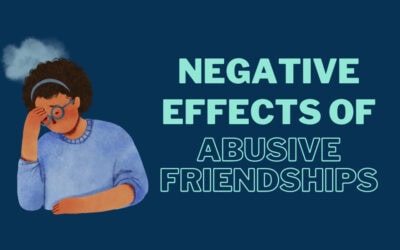
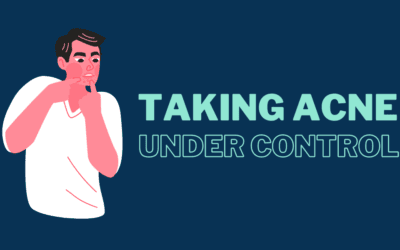
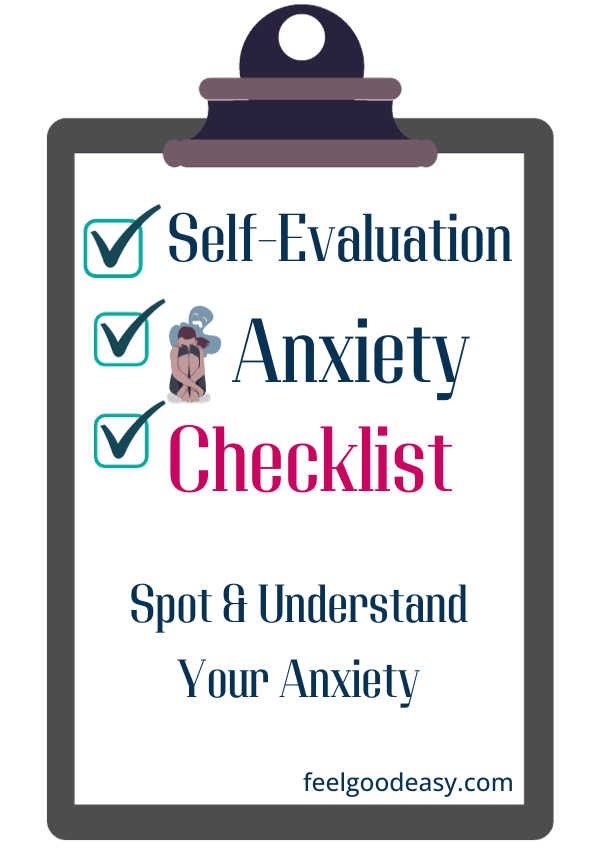
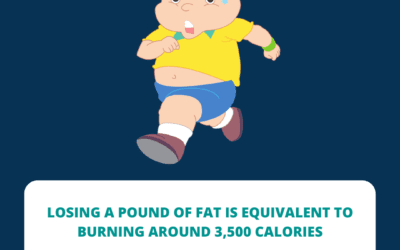
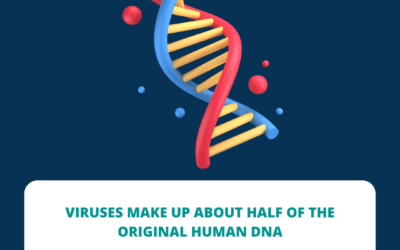
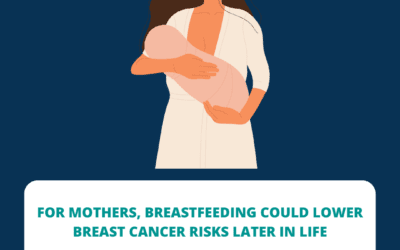



0 Comments